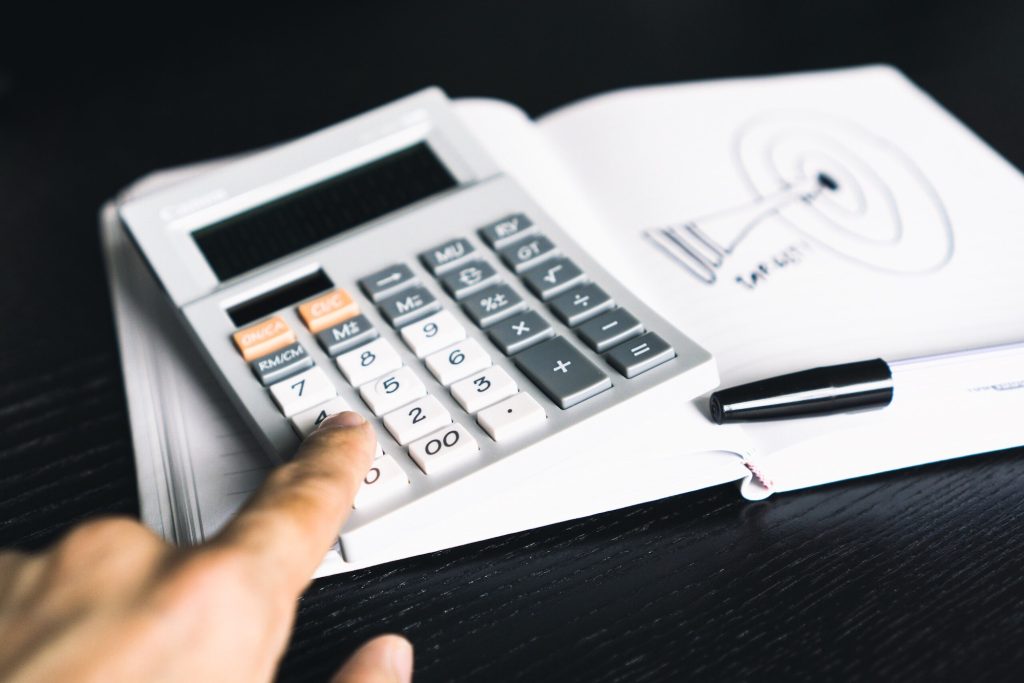Properties sold under the hammer are unconditional, so it’s important for bidders to be ready to sign the Contract of Sale and pay the required deposit, because if you’re the successful bidder, you’ll be required to do these on the spot!
From a buyer’s perspective, a purchase by private treaty with clauses such as finance, pest and building inspections, to protect you is preferable, but sale by auction is becoming an increasingly popular method of sale.
It’s important to fully understand the process, have your finance pre-approval in place and do all your inspections and searches before auction day.
Open house days and inspections by appointment are the best time to make all your enquiries, get a copy of the proposed Contract of Sale, take a good look around the property and clarify any areas of concern.
It is also the time when building and pest inspections should be conducted. A reminder though – inspections can only be carried out with the permission of the owners and will be at your cost, but money well spent to mitigate the risk of missing key issues that could be costly to fix, or impact on your finance.
There is no cooling-off period when you buy a property at auction and you don’t want to be blindsided by any structural issues, the presence of termites or potential zoning plans or highways in your future, because you didn’t do your homework.
All the above said, if the home of your dreams is for sale at auction, it’s the only way to buy it. We’ve set out below some useful tips to help you minimise the risks of an auction purchase as much as possible:

Before you bid at auction
Before the auction, you should do all, or as many as possible, of the following:
- Get your finance pre-approved.
- This approves you as a buyer, once you sign the contract after winning the auction, the bank will still need to value the property and confirm it is acceptable as security for the loan.
- For a pre-approval to be worth anything at all, it needs to be fully assessed.
- Many lenders will issue a (worthless) system generated pre-approval. They will only formally assess your eligibility once you submit a contract of sale. These are of no value for a purchase at auction.
- To bid at auction you need a fully assessed pre-approval at a minimum.
- Get the property valued.
- This will likely cost you in the region of $ 600 – $ 800 but will at least give you some comfort that you are not paying more than market value for the property.
- Unfortunately, valuations can no longer be ordered through banks prior to auction and the bank will not rely on your private valuation. Having a private valuation can, however, help minimise the risk of substantial differences between what you pay for the property at auction and what the bank values it at.
- Thoroughly inspect the property prior to auction to make sure it really is what you’re looking for.
- Arrange for professional pest and building inspections to be done.
- This will cost you in the region of $600 but will allow you to pick up any potential issues before you are committed. Some agents will have had a pest and building inspection report available, but we always recommend having your own independent inspection done.
- Get a copy of the draft contract
- Get legal advice about the terms and conditions of the contract.
- If possible, have your solicitor do all title searches and other searches that ensure that there is no zoning, easement or use restrictions on the property that may influence your purchase.
- Confirm what deposit you’ll need on the day
- Check with the Agent what percentage deposit they’ll require on auction day and how you’ll need to pay it (e.g. bank cheque or transfer). Typically, it’s 10% and usually its required to be paid on the day or the next business day.
Auction day!
- Getting to the auction early gives you the chance to review the terms and conditions of the auction to make sure there are no late changes to the Contract of Sale and to get yourself ready to bid.
- Make sure the auctioneer can see you easily.
- Hold up your bidder number nice and high and make yourself heard.
- You can either call out an exact amount, or indicate the increment you wish to increase the previous bid by (this increment may also be suggested by the auctioneer)
- Set your budget before the auction and stick to it.
Getting your finance approved after the auction
- Once you have a signed contract, a valuation will need to be done and both submitted to the lender. You’ll also be asked to confirm that your personal financial circumstances have not changed since the pre-approval was issued. The lender will have a process to follow before formally accepting your property as security.

The following factors may have an impact on final acceptance, regardless of the value on the bank valuation:
- zoning,
- property size (for apartments – not too small, for land – not too big),
- an acceptable postcode,
- that the property is in a good liveable condition,
- if the bank ordered valuation comes in lower, they will work off the lower of the valuation or contract price in determining the loan limit they will approve.
- When purchasing an apartment, it is important to know that lenders can sometimes be reluctant to overexpose themselves to a high percentage of units within a block. This means, if you buy in a high-rise apartment and the lender has determined that they do not wish to be exposed to more than (say) 30% of properties in the block, you may find they decline your application despite having a solid valuation.
- If the bank or their lender’s mortgage insurer doesn’t like a particular property because of any one of the factors mentioned above, you may not be able to finance it. By the time the lender has rejected the loan application (and presumably subsequent lenders have also rejected the loan application), your 10% deposit is at risk, and you may be up for the vendor’s costs to re-auction.
A word to the wise – if you’re unable to complete your purchase, you could face the following:
- lose your 10% deposit,
- possibly face further legal action from the vendor for failure to complete the contract,
- be required to cover the cost of re-auctioning the property and any shortfall between your contract price and the winning bid at the next auction,
- be obliged to pay the full purchase price for the property, regardless of whether you have access to the funds to do so.
A conversation with your solicitor prior to deciding to bid at auction to understand the risks is highly recommended. To make sure that you’re as prepared as possible to successfully purchase at auction, reach out to us for a confidential conversation.



